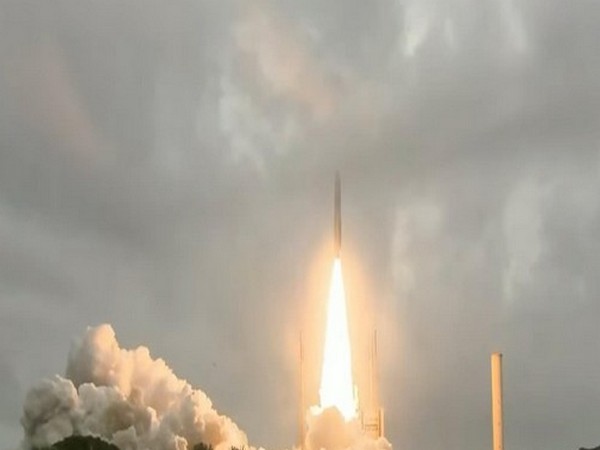
Singapore: Last week at the 14th Global Space and Technology Convention 2022 held in Singapore, the Singapore government announced that it is committing S$150 million ($110 million) to the space technology industry through research and development (R&D) funding.
The programme will be hemmed by the Office for Space Technology and Industry (OSTIn), the government office which oversees the country's space industry, and the National Research Foundation. OSTIn was created in 2013 to support Singaporean companies in developing internationally competitive capabilities in the space-tech industry. The investment seeks to enhance space-related capabilities applicable to key industrial sectors for Singapore such as aviation, maritime and sustainability by using such technology to enrich daily life.
For example, in improving technology used for everyday applications such as Global Positioning Systems (GPS) that are crucial to ride-hailing services and parcel delivery tracking.
It is also envisaged that the scheme will help maintain Singapore's position as a research and technology hub in emerging technologies and as an emerging hub for capital, talent and intellectual property.
The first grant call which taps into this fund was already made in 2021 and is for disruptive technologies for small satellites and satellite data exploitation and Artificial Intelligence. The submitted projects are currently being assessed.
A second open grant call will be launched in the second half of this year and will cover areas such asin-space manufacturing and on-orbit servicing and assembly.
As part of its space strategy, Singapore is focused on building international partnership in order to continue nurturing local space-tech firms. These partnerships help the nation's space-tech firms expand into more mature space industries abroad and tap more robust international experience.
Last Wednesday, February 9, OSTIn renewed a space-tech cooperation agreement with the French Space Agency first signed in 2015. It also signed an agreement with the European Space Agency last October to collaborate on space-tech applications and services in telecommunications and related fields.
Among the projects that are benefiting from Singapore space programme is a joint effort by Nanyang Technological University, National University of Singapore, ST Engineering, as well as domestic space startups Aliena and Lighthaus Photonics.
The project aims to build a microsatellite, which will fly at low earth orbit and will carry the first Singapore-designed space camera.
ST Engineering, which launched the first Singapore-made commercial earth observation satellite in 2015, is now a market leader that supplies satellite communications systems to global customers such as Verizon, the U.S. telecommunications giant.
Singapore's space sector continues to grow rapidly and now has 50 companies employing more than 1,800 professionals.
The international space industry is forecast to reach USD1 trillion in value by 2040.
Separately, Singapore Space and Technology Limited (SSTL), the organiser of the convention, is setting up a commercial fund -- said to be Asia's first dedicated commercial fund for startups venturing into space research.
The commercial fund will be open to all space startups and the startups in SSTL's Space Accelerator Programme. Started in 2020, the accelerator programme provides support such as mentorships and fundraising assistance for space startups here and abroad. It now supports 37 companies from 17 countries such as Japan, Singapore and India.
SSTL signed a Memorandum of Understanding (MOU) during the convention to form a trade corridor with the United Kingdom. This will facilitate the partnering of Singapore and UK space start-ups for resources like investment, expertise and even to trial their products in those markets.
Speaking as the keynote speaker at the convention, Gan Kim Yong, Singapore's Minister for Trade and Industry (MTI) said that MTI is continuously "forging partnerships with other space-faring nations and building a talent pipeline for the space sector." He added, "We are also constantly looking for like-minded partners internationally, so we can learn from each other and grow together."
In the area of space-tech, India is without a doubt more advanced than Singapore. India's initial foray into space started with the setting up of the Indian National Committee for Space Research (INCOSPAR) in 1962. This was followed by the establishment of the Indian Space Research Organisation, or ISRO, in 1969.
To date, based on "Make-In-India" website, India has launched a total of 109 spacecraft missions, 77 launch missions, 10 student satellites, 2 re-entry missions and 319 foreign satellites.
The Indian space industry was valued at USD7 billion in 2019 and targets to reach USD50 billion by 2024. One of its most notable accomplishments is the inter-planetary mission, Mars Orbiter Mission (MOM), which in September 2019 successfully completed 5 years in the orbit of Mars.
It would therefore be unsurprising if, in the near future, India participates in one way or another in Singapore's space-tech development programme, given the close ties between the two countries.